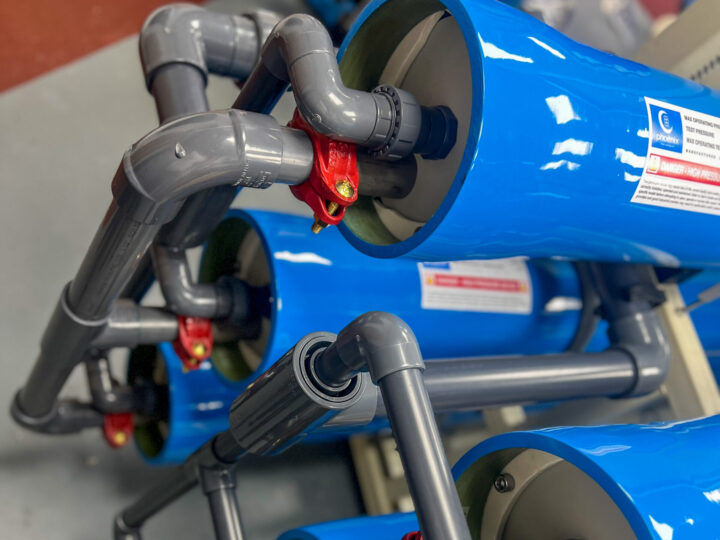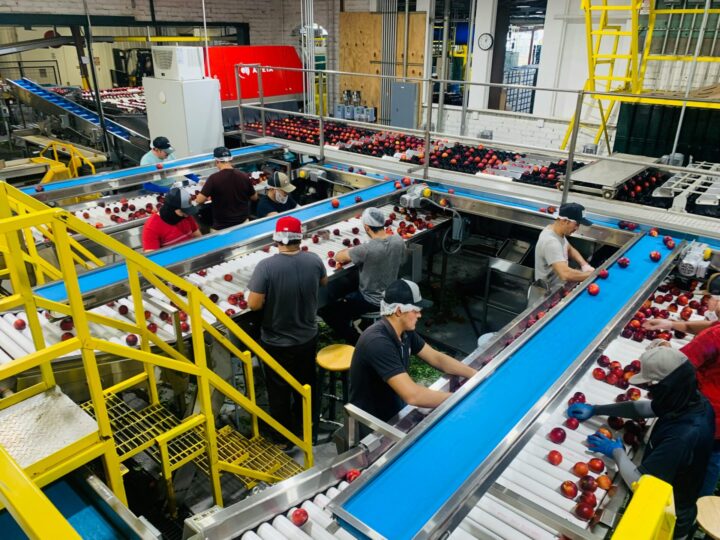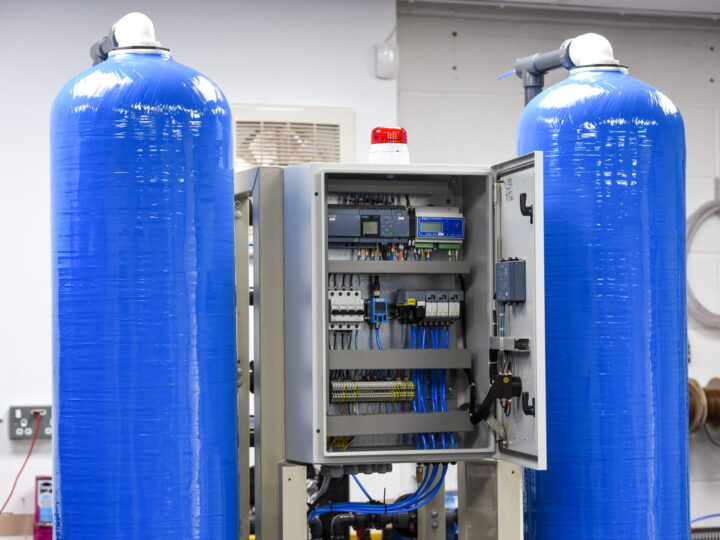
What does demineralisation plant servicing involve?
Jessica Dodgson - 14th Sep 2023
What does demineralisation plant servicing involve?
Within the world of commercial water treatment, there are standard water treatment systems and there are specialist water treatment systems.
As with most things that are more specialised, specialist water treatment systems require specialist maintenance. In this blog, we’re going to focus on what’s required to maintain one specialist water treatment system in particular – demineralisation plants.
But before we do, let’s take a quick look at how demineralisation plants, also known as demin or DM plants, work….
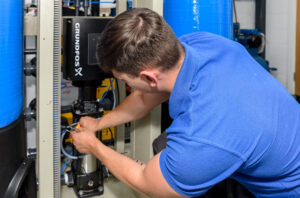
A brief description of how demin plants work
Demin plants are made up of two pressure vessels. One of the vessels contains cation and the other contains anion exchange resins
Step 1 – raw water passes through the cation vessel first, where positively charged ions are chemically exchanged for hydrogen ions.
Step 2 – the water then continues to the anion vessel, where negatively-charged ions are chemically exchanged for hydroxide ions.
Step 3 – the hydrogen and hydroxide ions combine to create pure water.
Unlike standard water treatment systems, demin plants use dangerous chemicals, acid and caustic, to regenerate
It’s therefore vital that these units work correctly; use the right amount of chemicals and that the resin beds aren’t being damaged. If the resin beds are damaged, then this means the resin will need to be replaced, which can cost between £4,000 and £5,000 depending on the size of the unit.
Ideally, demin plants should be serviced at least every six months, but the frequency does very much depend on how hard they’re working. For instance, plant that’s used more heavily needs to be serviced every three months.
The amount of time required for servicing also varies too, depending on the model of the plant and how long it takes to regenerate. Older models that take longer to regenerate can take between six and eight hours to service, whereas newer models can take between three and four.
All of our demineralisation plant servicing is carried out in accordance with our Method Statement, which enables us to make sure our work is carried out consistently and in line with the latest industry guidelines and health and safety requirements.
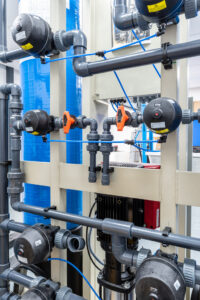
These are the steps we follow for demineralisation plant servicing:
- Discuss the plant’s performance with the customer, as well as the water quality, volume of treated water and any other differences since our last visit (existing customers only)
- Take raw water and treated water samples and calculate and record the capacities
- Take water pressure readings pre and post plant to establish if the pressure drop is within plant specifications and record them
- On two-stage demin plants, take water samples from cation for FMA and conductivity at anion outlet, calibrate the meter and record the details
- Examine the plant visually and look for leaks and repairs. Examine the electrical connections and repair, where necessary, and adjust the micro-switches
- Dismantle the control valves and replace worn or defective parts, where necessary, fitting new O rings and gaskets and cleaning any grease
- Clean out the injector and fit a new strainer, if required
- Dismantle the solenoid valve and fit a repair kit, if needed
- Check the operation of the external controls e.g. float switches, ball valves and pumps
- Take regen recording chemical draws and adjust them if necessary and look for resin loss, chemical draw times and rinse times
- Test treated water quality and record the findings. Open and close the necessary valves before returning the plant to service
- Clean the plant surfaces and carrying out safety checks
While it can be tempting to avoid getting your demin plants professionally serviced regularly because they’re not used that much or because you have somebody in-house who looks after them, it’s not advisable.
Not only can it lead to poor water quality, which can create quality control issues and costly errors and downtime, it can potentially result in health and safety issues if too much of the chemicals are being used or, even worse, there’s a chemical leak.
Don’t compromise your outputs or your safety, contact us today for a free site visit. We’ll inspect your demin plant and advise you how long it’ll take to service. Contact us on sales@excelwater.co.uk or 0113 232 0005.
Back to Latest News

